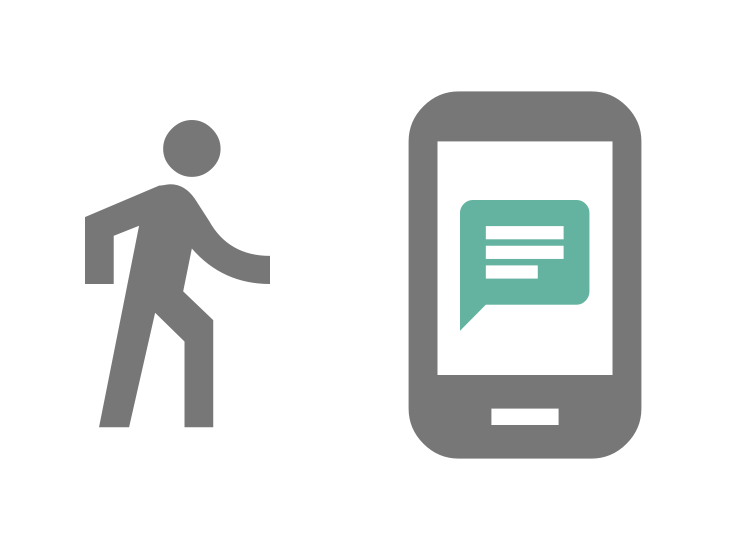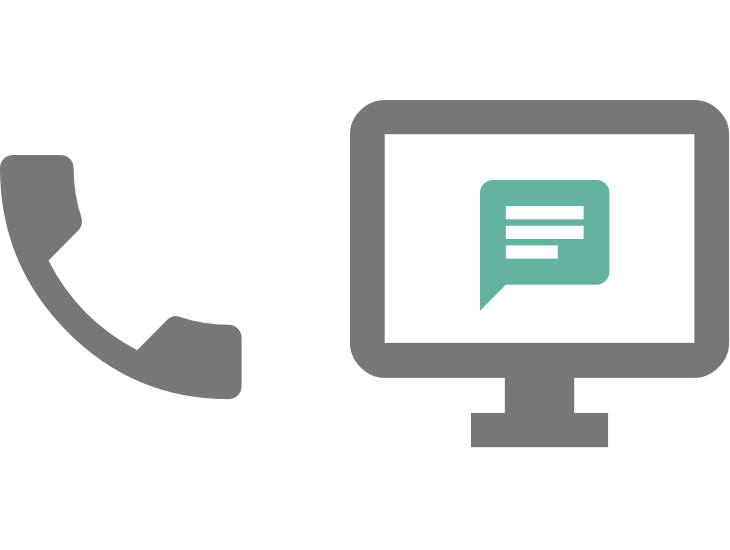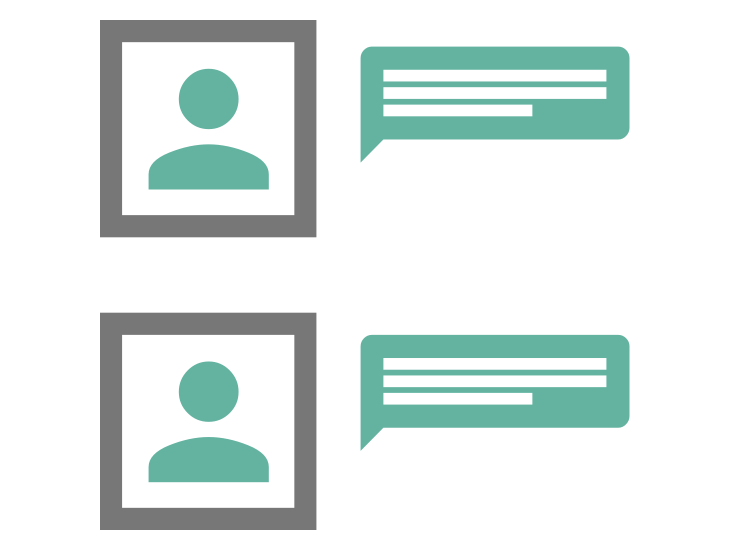GDLive Newsfeed
We check in with people at each stage of the cash transfer process to see how things are going. Take a look at some of their stories as they appear here in real-time.
Learn more about how recipients opt in to share their stories.

access_time
19 days ago
Faith
received a $347 third payment.
"My plan is to become a successful large-scale farmer, growing maize, tomatoes, and vegetables on a bigger scale. I want to use the profits from my shop to invest in farming, so I can afford the seeds, equipment, and irrigation needed for a larger operation. Expanding my farm will help me earn more income and create a stable source of food and money for my family. I hope this will also allow me to provide a good education for my children and improve our quality of life. With time, I aim to grow my farm to be self-sustaining and profitable. Achieving this goal would mean more stability and security for us all in the coming years."
View Faith's
profile

access_time
20 days ago
Cynthia
received a $349 second payment.
"Receiving $450 from GiveDirectly has truly transformed my life, and I am deeply grateful for this support. The first thing I did was use $190 to buy three sheep, as I didn’t own any livestock before and saw this as a great opportunity to start. My goal is sustainability; with time, I know the sheep will multiply and provide support for my family, especially in emergencies. They will also be a source of food through milk and, eventually, income.
Next, I used $100 to pay school fees for two of my children in private primary school—a boy and a girl. Ensuring a good education for my children is my responsibility, and it brings me peace of mind knowing that there are no unpaid fees now that the term has ended.
With $85, I was able to return to farming after the devastating flood. I planted maize and vegetables on a one-acre plot, and I’ve already started selling the vegetables. The income from this helps me maintain the maize farm, covering the costs of irrigation and ensuring a future food supply for our family. Any surplus from the maize will also generate additional income.
Finally, I used the remaining money to buy essential food items and to fulfill a promise I made to my children: to buy them new clothes. They were thrilled, and it was a joyful moment for our family. This support has not only addressed our needs but has filled our home with happiness and renewed hope."
View Cynthia's
profile

access_time
21 days ago
Noontasimi
received a $348 second payment.
"First of all, I am deeply grateful for the support. I felt truly supported during a challenging time, as I was affected by severe floods that took away many of my belongings and disrupted my farming. Receiving $450 has been a blessing in helping me rebuild.
As a farmer, my work was on hold due to the flooding, but now I’m back to farming on one acre of land. I invested $150 into this venture; since I had already bought kale seeds with the first transfer, this amount covered the cost of land preparation, planting, and repairing my generator. This generator is essential for irrigation, allowing me to manage the crops even if there’s no rain and reducing the risk of crop loss. I am already selling some of this produce and saving the earnings for future farming. My next plan is to grow beans on two acres.
After setting up the farm, I focused on school fees for my three children. I used $150 to clear their unpaid fees. One of my children is preparing for the national exams, and now they can do so without the worry of debt. I am very grateful for this, as I value education deeply.
With $70, I bought a goat, my first one, which will be helpful in the future, especially for school expenses. Finally, I used the remaining amount to buy food, ensuring my family has this essential supply, especially once the support ends.
I didn’t know where to start after the floods, but this support has truly made a difference. I am filled with gratitude for the opportunity to rebuild and provide for my family’s needs."
View Noontasimi's
profile

access_time
28 days ago
Hillary
received a $349 second payment.
"I started by investing $101 to plough two acres of land and set up ridges, which was essential since it’s the planting season for beans. Following that, I spent $100 on quality bean seeds to ensure a good harvest. I know that beans can provide a quick return on investment, so I’m hopeful for a fruitful season. In addition to farming, I also addressed a pressing need at home. I bought a metal bed for $100 because my wooden one had fallen victim to termites and was infested with bedbugs. This small change will help us sleep better and maintain our health. Moreover, I invested $95 in ten pipes for irrigation on my farm, which will enable me to water my beans more effectively, ensuring a robust crop yield. With the remainder of the cash transfer, I purchased fuel for my generator, which I will use to pump water for irrigation. All these investments are aimed at improving our living situation and ensuring a better future for my family."
View Hillary's
profile

access_time
28 days ago
Gladys
received a $155 initial payment.
"I spent $30 on irrigation pipes for my farm, as it was planting season, and I've been wanting to move away from depending on charcoal burning. With the irrigation setup, I’ll be able to keep my crops alive during the dry season, which is something I’ve struggled with in the past. I also used $55 to buy cabbage seeds, hoping to try my hand at farming. Cabbages mature fairly quickly and sell well, so I see this as a good investment. Along with that, I bought a bag of maize for $40 to ensure we have food security while I focus on farming. To protect my crops, I spent another $20 on pesticides specifically for the cabbage farm, which should help reduce losses and improve the yield. With a little left over, I decided to spend $15 on clothes for my children, so they would look presentable. The remaining amount, I set aside for emergencies, knowing that unexpected expenses can come up. Overall, I feel that this cash transfer has given me the opportunity to start fresh and make choices that I hope will improve our future stability."
View Gladys's
profile

access_time
29 days ago
Vavine
received a $349 second payment.
"We own an acre of land, which my husband and I use for crop farming. However, water has been a constant challenge due to frequent droughts, which limits our production. Currently, we rely on a generator to pump water, using furrows to channel it to the farm. This process is slow, tedious, and also expensive since the generator consumes a lot of oil. My plan is to invest in irrigation pipes, which will make irrigation easier and more efficient and also allow us to plant crops throughout all seasons. This will ultimately increase our income and help us better sustain our family."
View Vavine's
profile

access_time
29 days ago
Napengera
received a $349 second payment.
"I plan to focus on crop farming because I have an acre of land near the river, which makes irrigation convenient. Although I lost my maize to floods this year, I have seen the benefits from past harvests and believe this is the best way to meet our needs. To avoid future losses, I will plant during the dry season when there is no risk of floods, and I will rely on irrigation as I will get irrigation equipment from my son. I also plan to practice crop rotation to diversify my crops and maintain soil fertility. To cover production costs, I intend to sell some of my goats. I will start by planting maize, a staple crop that has always done well when conditions are favorable. With my husband focusing on his second wife, I feel it is up to me to ensure my children’s well-being, and through successful crop farming, I will be able to address their needs, especially food."
View Napengera's
profile

access_time
29 days ago
Francis
received a $349 second payment.
"Upon receiving my second transfer, I first bought three goats for a total of $205, bringing my herd from four to seven. My main aim is to ensure that as my children grow, I can use these goats to help pay for their school fees and meet other essential needs. Additionally, I am a farmer, and after losing my maize crop to floods, I decided to give farming another try with the help of the transfer. I invested $70 in preparing 1.5 acres of land and purchased capsicum seeds for $20, bean seeds for $60, and black nightshade seeds for $7, along with $80 for planting. To ensure a successful harvest, I spent $28 on irrigation and $20 on pesticides. With the remaining $32, I focused on our immediate needs by buying food items like beans, rice, and condiments, as we were running low. We only had maize left, which had fortunately survived the floods, but it was not enough to sustain us. I am grateful to GiveDirectly for their support."
View Francis's
profile

access_time
1 month ago
Fabias
received a $348 second payment.
"First, I used $200 to pay off my daughter’s school fees for Form 2. Clearing the arrears has brought me so much relief, as I no longer have to worry about her missing classes due to unpaid fees. Next, I used $100 to buy household food items. We were running low on food, and with the schools closing soon, we needed to ensure we had enough supplies to feed everyone. The crops we had planted were destroyed by recent floods, so this money came at the perfect time to help us restock. Having enough food at home means a lot, especially when we can’t rely on our usual harvest. I spent $35 to plough an acre of land, then $20 to prepare ridges to control water flow during irrigation. I also used $44 to pay for labor to help with planting tomatoes. Lastly, I bought tomato seeds, which are now in the soil, hopefully growing into a successful crop. This investment in farming will help us generate income, and I hope that with a good harvest, I can continue to improve our living conditions."
View Fabias's
profile

access_time
1 month ago
Shedrack
received a $348 second payment.
"I used $240 to buy a generator, which I now use to pump water from the river. Before this, I had to rely on borrowing pumps from my neighbors, and it was always a challenge when I needed to water my crops but their pump was in use. Now, I no longer have to wait or negotiate for equipment, and it feels good to manage my farm on my own schedule. Yesterday, I spent most of the day irrigating my maize, and it was a relief to do it without any delays. I also invested $175 in three sheep because they are easy to care for and survive well in this area. I chose sheep not only for their resilience but also as a kind of savings. If an emergency arises, I can sell one and solve the problem quickly without scrambling for money. Lastly, I used $35 to plough an acre of land in preparation for planting maize. The seeds are already in the ground, and I’ve been keeping an eye on them, especially now that I have my own irrigation setup. Having control over the water supply has made a huge difference—I'm no longer worried about missing watering times or depending on anyone else. I’m excited to see how things turn out this season."
View Shedrack's
profile





